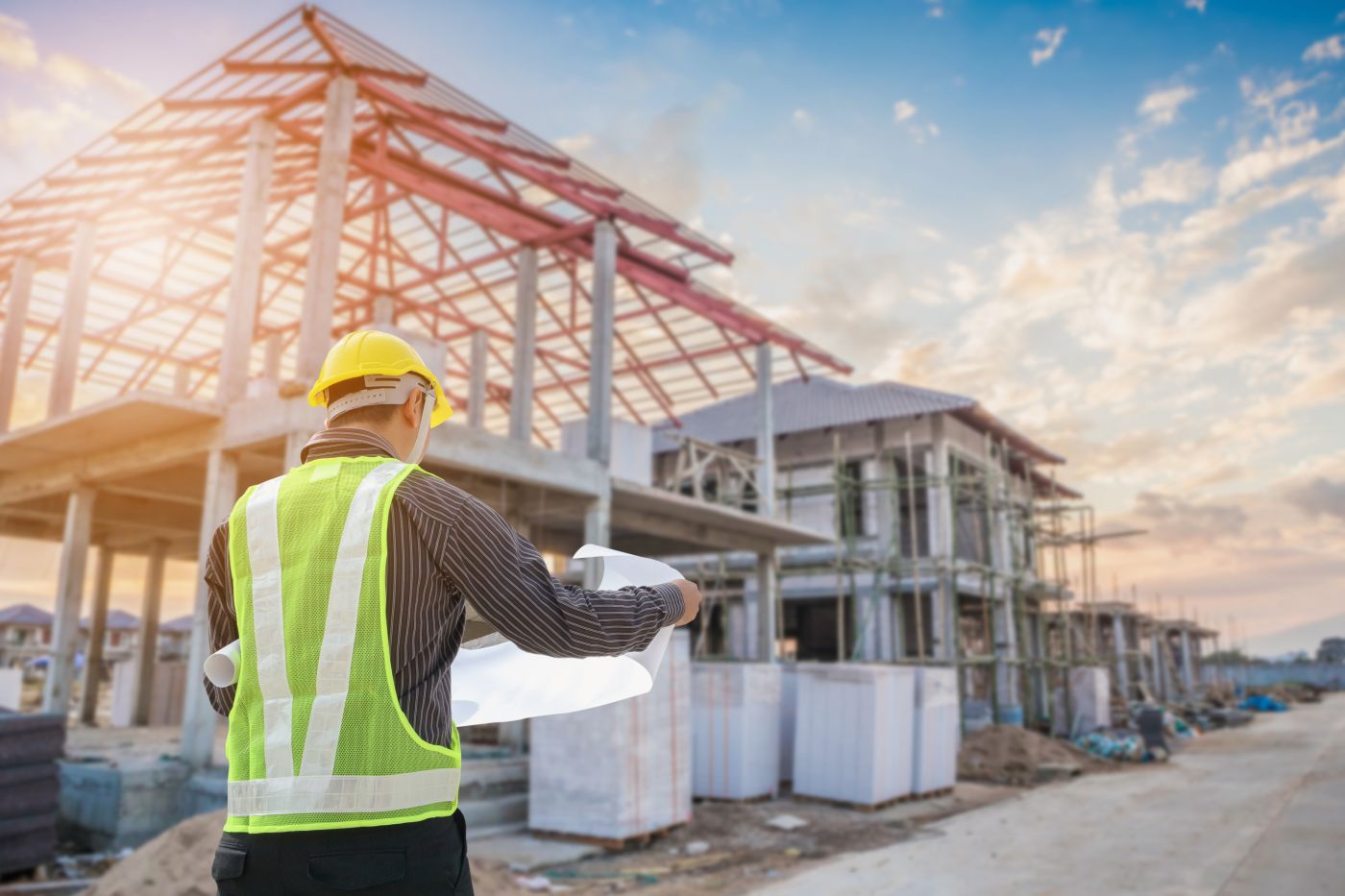First Home – Buy or Build?

There are a lot of questions when it comes to getting into your first home. One of those is, should you buy an existing home or build a brand-new one? Both options
come with their own advantages and challenges.
Let’s have a look at the pros and cons of both.
Buying your first home:
Pros:
1. Move in Sooner – Buying an established home means you can move in as soon as settlement is complete, rather than waiting months for construction.
2. Established Infrastructure – Existing homes are often located in well- developed areas with schools, shops, sporting fields and transport links already in place.
3. More Negotiation Power – Unlike building, where prices are often fixed, there may be room for negotiation when purchasing a home, helping you secure a better deal.
4. Character and Charm – Older homes often have unique architectural features and established lawns, gardens and fencing that can be expensive to replicate in a new build.
Cons:
1. Potential Higher Maintenance Costs – Older homes may require renovations or repairs, which can add to long-term costs.
2. Limited Customisation – You may need to compromise on layout, design, and features since the home is already built. Trying to find a home that’s “just right” can take a while.
3. Potentially Higher Upfront Costs – Depending on the market, established homes can come with a higher price tag, especially in desirable locations. You might also be competing with other buyers which can drive up the price.
Building your first home:
Pros:
1. Extra First Home Owner Incentives – Many Australian states offer grants and stamp duty concessions for first-time buyers, with extra money available for those who build, helping to reduce costs.
2. Full Customisation – You get to design a home that suits your lifestyle, from floor plans to fixtures and finishes.
3. Lower Maintenance Costs – A brand-new home generally means fewer repairs and lower maintenance expenses in the early years.
4. Energy Efficiency – New homes are built to modern energy standards, which can lead to lower power bills over time.
Cons:
1. Longer Waiting Period – Building can take several months or even longer, meaning you’ll need temporary accommodation in the meantime.
2. Hidden Costs – Unexpected costs, such as site preparation, landscaping, and delays, can add up.
3. Location Limitations – New builds are often in developing suburbs, which may lack infrastructure and amenities compared to established areas.
4. Market Fluctuations – If construction takes longer than expected, market conditions could change, affecting your home’s value.
Remember: Budget, budget, budget.
Whether you choose to buy or build, you still have to have the discipline to stay within your budget. An existing home might not have every little thing on your wish list, but that’s ok. Focus on the things that matter – the location, the quality of the building, the potential maintenance costs, the suitability for your expanding family if you don’t already have children but are planning on having them.
Similarly when building, it’s not all the bells and whistles that matter in the big picture. If you don’t yet have children but are planning a family then fixtures that are kid proof could be a less expensive and better option than fixtures and features that are luxurious but won’t stand up to toddler punishment.
So, which option is best for you?
- If you want a move-in-ready home with established amenities and potential for negotiation, buying an existing home might be the better choice.
- If you prefer customisation, lower maintenance costs, and potential extra government incentives, building could be the smarter long-term investment.
Both building and buying have their pros and cons, and the best decision depends on your financial situation, lifestyle preferences, and future plans. Before making a move, it’s essential to research costs, location options, and potential grants to ensure you’re making an informed choice. Take the time to plan, seek professional advice from financial experts, real estate experts, building experts and of course a mortgage broker.

beforeuloan.com is backed by Australia's leading national association for finance and mortgage brokers, FBAA. Brokers ensure loan customers like you have choice, transparency and confidence in the market.
Be the first one to know about discounts, offers and events weekly in your mailbox. Unsubscribe anytime.







